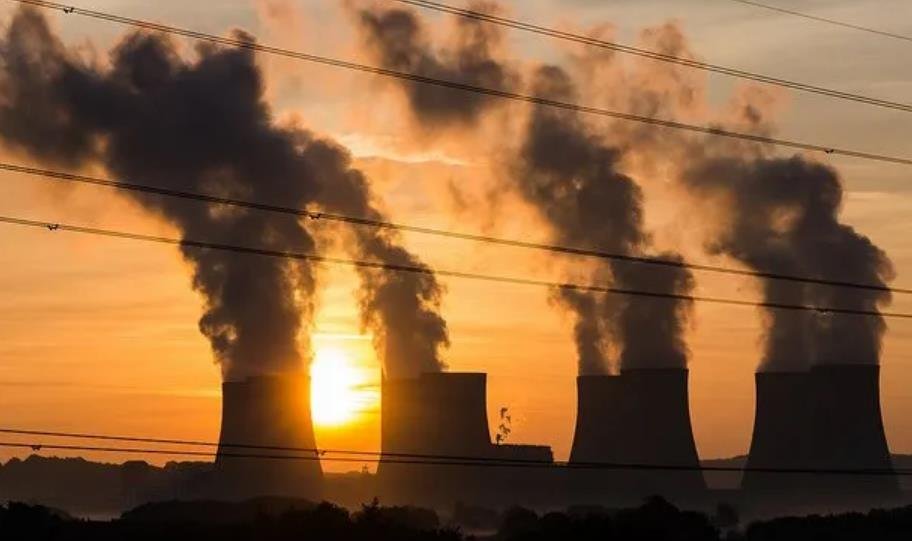The UN climate summit in Dubai, COP28, is entering its second week with growing pessimism over the prospects of reaching a meaningful agreement on key issues such as the phase-out of fossil fuels, the provision of climate finance, and the compensation for loss and damage caused by climate change.
One of the most contentious issues at COP28 is the proposal to include a reference to the phase-out of coal and subsidies for fossil fuels in the final outcome document of the summit. This proposal, supported by the European Union, the United States, and other developed countries, aims to accelerate the transition to clean energy and align with the goal of limiting global warming to 1.5°C above pre-industrial levels.

However, this proposal faces strong opposition from some major fossil fuel producers and consumers, such as China, India, Russia, and Saudi Arabia, who argue that it would undermine their energy security, economic development, and sovereignty. They also point out the historical responsibility of developed countries for causing the climate crisis and demand more support for their energy transition.
The debate over the fossil fuel phase-out has exposed the deep divisions between developed and developing countries, as well as within each group, on how to achieve a fair and effective global response to the climate emergency.
Climate finance remains inadequate and uncertain
Another major sticking point at COP28 is the provision of climate finance, which refers to the financial assistance that developed countries are supposed to provide to developing countries to help them mitigate and adapt to the impacts of climate change. Under the Paris Agreement, developed countries committed to mobilize $100 billion per year by 2020, but this target has been missed by about $20 billion, according to a recent report by the Organisation for Economic Co-operation and Development (OECD).
Moreover, developing countries have expressed frustration over the lack of clarity and predictability of climate finance, as well as the imbalance between funding for mitigation and adaptation. They have also called for more transparency and accountability in the reporting and delivery of climate finance, as well as the inclusion of new and additional sources of funding, such as carbon pricing and taxes on aviation and maritime transport.
Developed countries have acknowledged the need to scale up and improve their climate finance, but they have also urged developing countries to increase their own domestic resources and leverage private sector investment. They have also emphasized the importance of enhancing the effectiveness and efficiency of climate finance, as well as the alignment of all financial flows with the Paris Agreement.
Loss and damage remains unresolved
A third critical issue at COP28 is the recognition and support for loss and damage, which refers to the irreversible and unavoidable impacts of climate change that go beyond the capacity of countries and communities to cope or adapt. Examples of loss and damage include the displacement of people, the loss of biodiversity and cultural heritage, and the damage to infrastructure and ecosystems.
Developing countries, especially the small island developing states and the least developed countries, have been advocating for the establishment of a separate mechanism and a dedicated fund to address loss and damage, as well as the inclusion of a specific reference to it in the final outcome document of COP28. They have also demanded that developed countries take responsibility for their historical emissions and provide compensation for the harm they have caused.
Developed countries, on the other hand, have been reluctant to accept any legal or financial liability for loss and damage, and have argued that it should be dealt with under the existing frameworks of adaptation and disaster risk reduction. They have also expressed concern that the focus on loss and damage could divert attention and resources from the urgent need to reduce greenhouse gas emissions and enhance resilience.
Hope for a breakthrough
Despite the apparent deadlock on these and other issues, such as the transparency and ambition of countries’ climate pledges, the role of carbon markets, and the participation of civil society, there is still hope that COP28 can deliver a meaningful outcome that reflects the urgency and scale of the climate challenge.
The UN Secretary-General, António Guterres, has urged the leaders and negotiators at COP28 to show real climate leadership and bridge the gaps that are preventing progress. He has also called for more solidarity and cooperation among countries and stakeholders, as well as more engagement and pressure from the public and the media.
The COP28 President, Abdullah bin Zayed Al Nahyan, the Minister of Foreign Affairs and International Cooperation of the United Arab Emirates, has also expressed his optimism that COP28 can achieve a successful outcome that meets the expectations and aspirations of the people and the planet. He has also highlighted the role of the UAE as a host and a mediator, as well as a leader and a partner, in advancing the global climate agenda.
The fate of COP28, and the future of humanity, depends on the willingness and ability of the parties to overcome their differences and find common ground on the most pressing and complex issues of our time. The world is watching and waiting for a decisive and transformative action on climate change.
